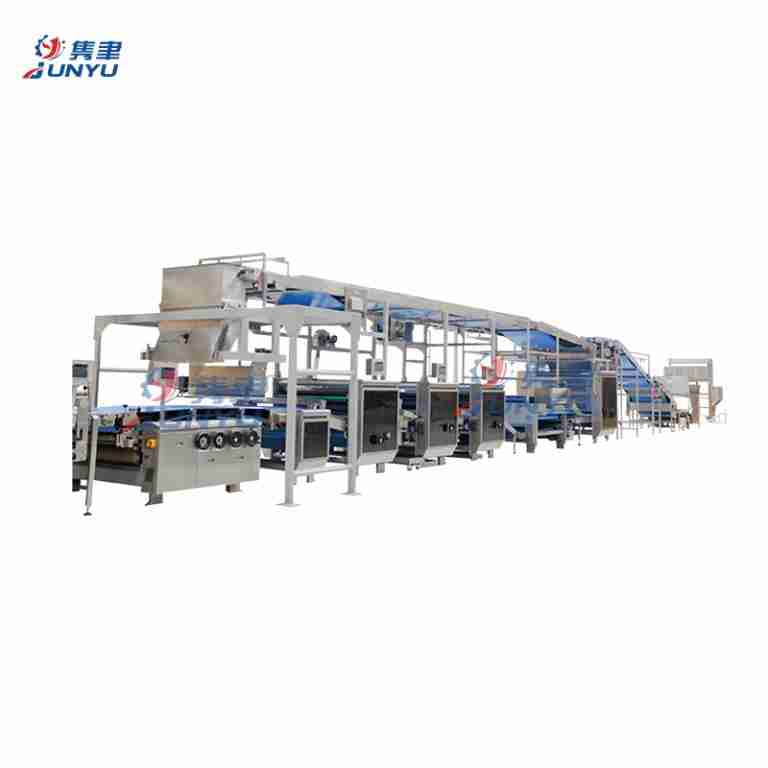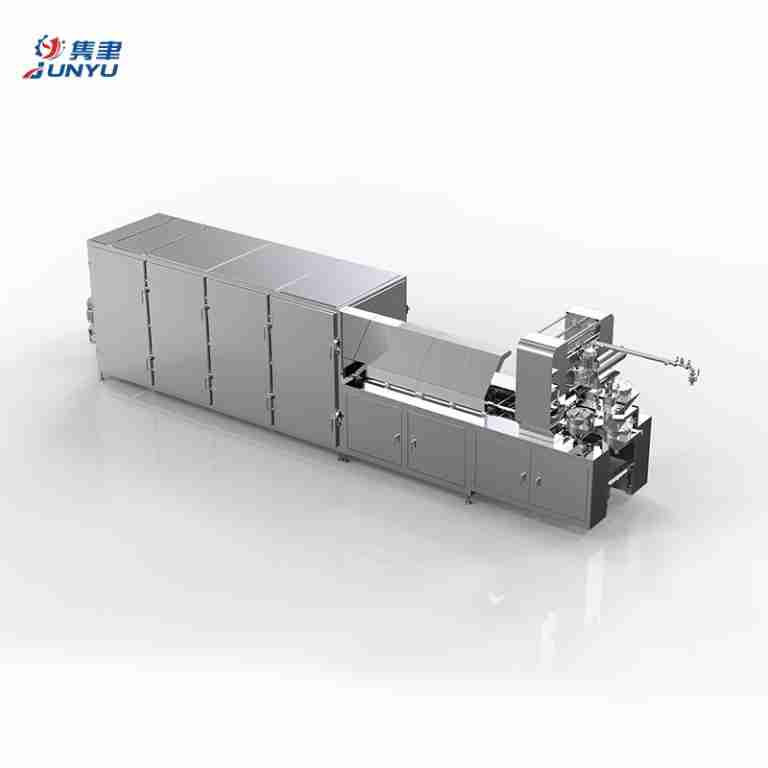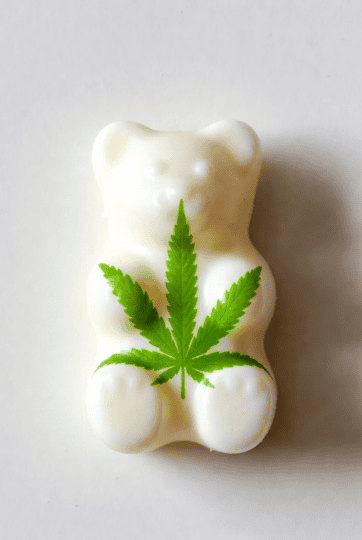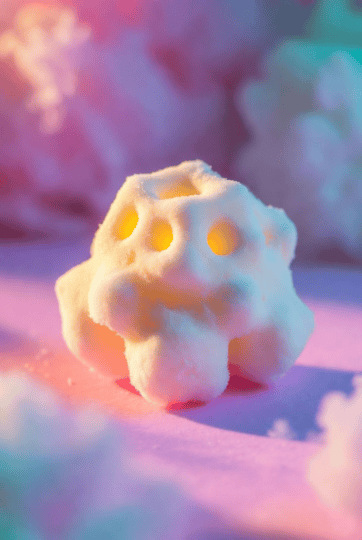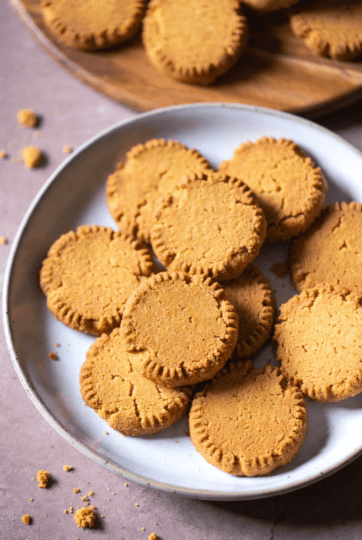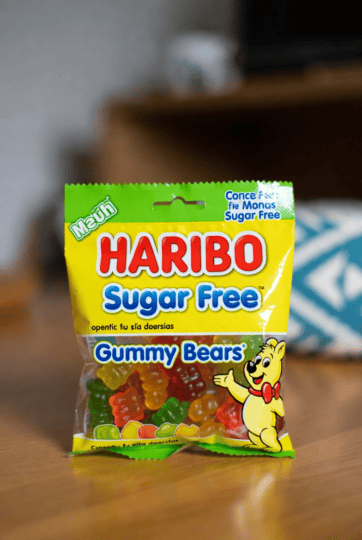Qui sommes-nous ?
À propos de Junyu
Junyu est un fabricant professionnel d'équipements alimentaires, tels quemachines à fabriquer des biscuits, Ligne de production de gâteauxBonbons gélifiés, Ligne de production de gommeLigne de production de biscuits, équipements pour snacks, etc. Nous sommes présents dans ce secteur depuis plus de 30 ans. Nos produits se vendent bien dans le monde entier et jouissent d'une bonne réputation auprès de nos clients.
Notre société a obtenu la certification du système de gestion de la qualité ISO9001:2008, et nous sommes également l'une des entreprises centrales de l'Association chinoise de l'industrie des équipements de préparation des aliments (CFPEA).
Nous souhaitons nous lier d'amitié avec vous grâce à nos produits de haute qualité et à notre service sincère.

Catégories de produits
02.
02. Ligne de production de bonbons
03.
03. Ligne de production de chocolat
04.
04. Machine à emballer les aliments
05.
05. Ligne de production de boba à éclater
06.
06. Ligne de production de gâteaux
Junyu
Nos services
Fabrication d'équipements alimentaires de haute qualité
Junyu est spécialisé dans la conception et la fabrication d'équipements alimentaires de premier plan, notamment des systèmes de confiserie, des lignes de production de biscuits, des machines à gâteaux et des équipements pour snacks. Avec plus de 30 ans d'expérience dans l'industrie, nous nous assurons que chaque produit que nous livrons répond aux normes les plus élevées de qualité et d'efficacité.
Distribution et réputation mondiales
Nos équipements alimentaires sont reconnus et vendus dans le monde entier, ce qui nous vaut une solide réputation de fiabilité et d'innovation. Où que vous soyez, Junyu veille à ce que ses produits répondent aux besoins des clients dans les différentes régions, en leur offrant une qualité et des performances constantes.
Gestion de la qualité certifiée ISO9001:2008
Junyu s'engage à maintenir les normes les plus élevées en matière d'excellence de la fabrication. De l'équipement pour bonbons gélifiés à nos systèmes avancés de lignes de production de biscuits, tous les produits sont certifiés selon le système de gestion de la qualité ISO9001:2008, ce qui garantit un travail de précision et des performances durables.
Soutien complet à la clientèle
Nous nous engageons à fournir un service à la clientèle exceptionnel. De la consultation avant-vente à l'assistance après-vente, l'équipe de Junyu est toujours prête à vous aider à chaque étape de votre parcours d'achat. Que vous ayez besoin d'une assistance technique ou de conseils sur l'utilisation du produit, nous sommes là pour vous aider.
Leadership et collaboration au sein de l'industrie
En tant qu'entreprise centrale de l'Association chinoise de l'industrie des équipements de préparation des aliments (CFPEA), Junyu joue un rôle actif dans l'élaboration de l'industrie des équipements alimentaires. Nous collaborons avec d'autres leaders dans ce domaine pour nous assurer que nos produits sont non seulement innovants, mais aussi conformes aux dernières normes et tendances de l'industrie.
Des solutions sur mesure pour votre entreprise
Nous comprenons que chaque entreprise a des besoins uniques. Junyu propose des solutions d'équipement alimentaire personnalisées, adaptées à vos exigences de production spécifiques. Que vous recherchiez un système de fabrication de bonbons gélifiés, une ligne de production de biscuits, une machine à gâteaux ou un équipement de snacking, notre équipe d'experts travaillera avec vous pour créer la solution parfaite pour votre activité.
Junyu
Machine à bonbons gélifiés et ligne de production de biscuits
Fonctionnement simple Prix raisonnable Réglage de la température Dépose servo Réglable par PLC...
En intégrant des technologies avancées et des processus rationalisés, cette ligne aide...
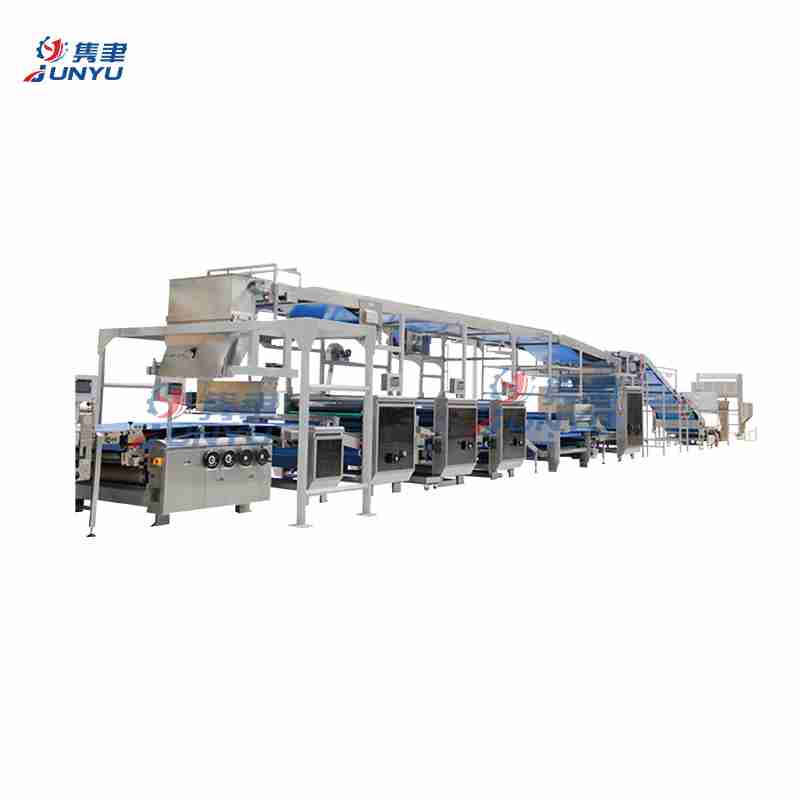


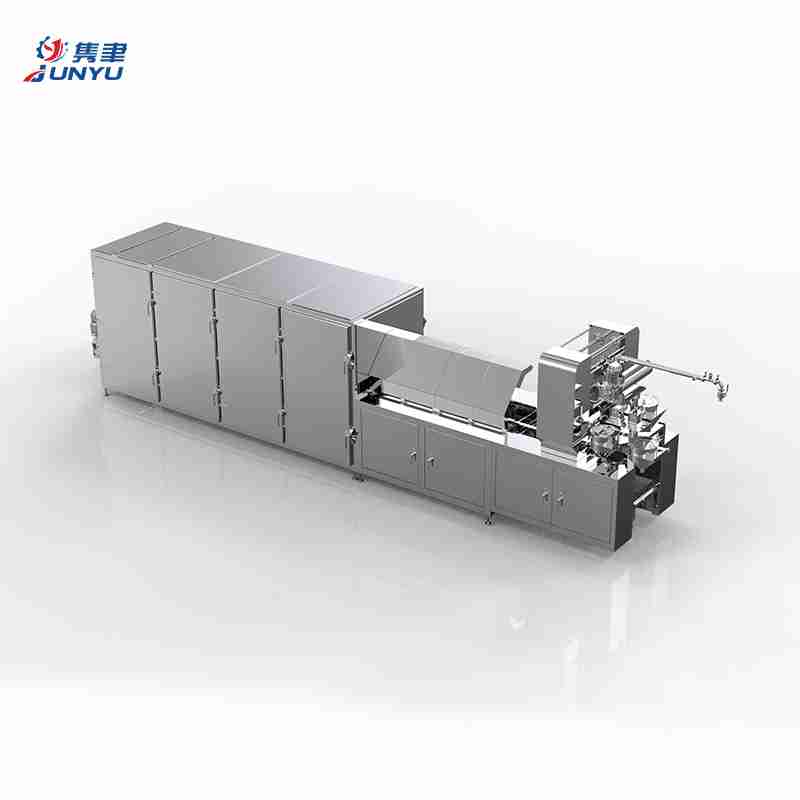
Junyu
Nos clients







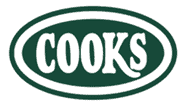
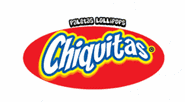


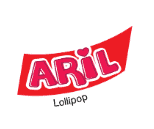



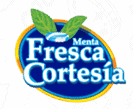


Junyu
Dernières nouvelles
- 12345678...910111213141516171819202122232425262728293031323334353637383940414243444546474849505152535455565758596061626364656667686970717273747576777879808182838485868788

